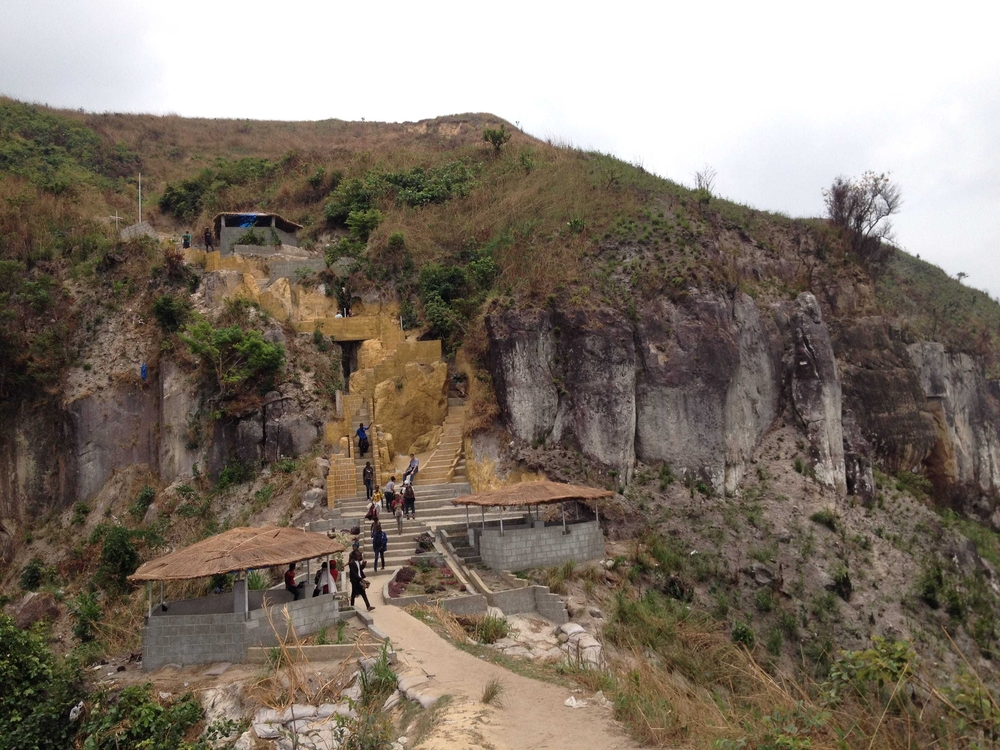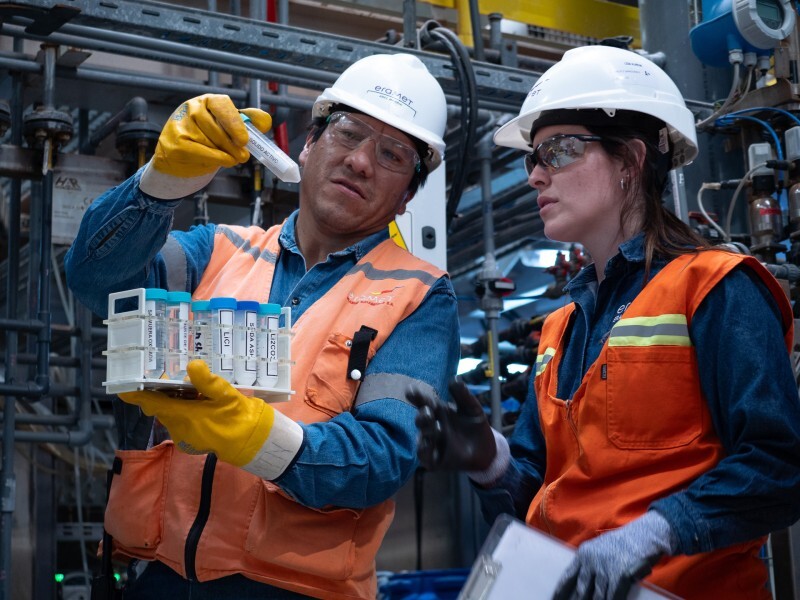The operators, including Glencore Plc and Randgold Resources Ltd., are pressing the government to row back on some of the reforms President Joseph Kabila signed into law this month. The modifications will raise taxes and other costs for miners in Congo, Africa’s top copper producer and the world’s main source of cobalt.
“There can be no renegotiation on any point once the code has been promulgated,” Albert Yuma, chairman of state-owned mining company Gecamines, said in an emailed response to questions on March 17.
Kabila met top executives of major foreign investors on March 7 to discuss their objections to the new law, which was approved by parliament in January. The president signed the code March 9, but assured miners that “their worries will be taken into account” in talks with the government. Representatives of Glencore, Randgold, China Molybdenum Co., Ivanhoe Mines Ltd., MMG Ltd., Zijin Mining Group Co. and AngloGold Ashanti Ltd. attended the meeting.
Stability clause
The revised code removed a measure protecting mining-license holders from complying with changes to the fiscal and customs regime for 10 years. That means all mines face higher royalty payments and new taxes.
The new law also introduces a 50 percent tax on so-called super profits and hikes royalty rates on metals including copper, cobalt and gold.
It also allows the government to raise royalty payments on cobalt five-fold to 10 percent if it opts to categorize the mineral as a “strategic substance.”
“The taxes and royalties to be paid have been fixed in the code by law,” said Yuma, who participated in the March 7 meeting. “No one can any longer change or remove them, or create new ones.”
The companies that met Kabila sent a team to the Congolese capital, Kinshasa, ahead of the talks with the Mining Ministry, according to a joint statement on March 15. The ministry is required to produce regulations within 90 days of the law’s promulgation, which will dictate how the code is implemented. The companies said Kabila assured the industry their questions would be resolved through “transitional arrangements” and the regulations.
Investment decisions
The miners expect the negotiations “will give priority to the recognition” of the decade-long stability clause contained in previous legislation, which was adopted in 2002, the statement said. This provision “formed the basis of many investment decisions” taken by the companies. They also said they confirmed to Kabila “their willingness to negotiate additional royalties and changes to other taxes” during the talks.
Such wide-ranging reversals aren’t up for discussion, according to Yuma.
“The mining regulations do not have the vocation or the power to modify the articles of the code,” he said.
After Kabila met the executives, Mines Minister Martin Kabwelulu told reporters the government “will take the measures of the code and put them in the regulations,” and that “the law cannot be contradicted.”
Kabwelulu didn’t immediately respond to a request for clarification about what issues will be on the table in the upcoming talks. His chief of staff, Valery Mukasa, declined to comment before the discussions have started.
Lobby group
The mining companies’ joint statement last week also announced their withdrawal from the Federation des Entreprises, or FEC, Congo’s main private-sector lobby group, claiming it served their interests poorly when the code was being deliberated upon by the government and parliament.
Yuma is also the president of FEC. Consulted by a parliamentary commission in January, he said passing the new law was “necessary.” At the same time, then-FEC members such as Randgold and Glencore were arguing against many of the proposed changes.
The government and mining companies “agreed to refrain from making public comments” ahead of the discussions that are set to start March 26, Kabila’s chief diplomatic adviser, Barnabe Kikaya Bin Karubi, said by phone Monday. He also said the government told the miners to present their concerns to the state individually, rather than collectively.
(Written by William Clowes)





Comments